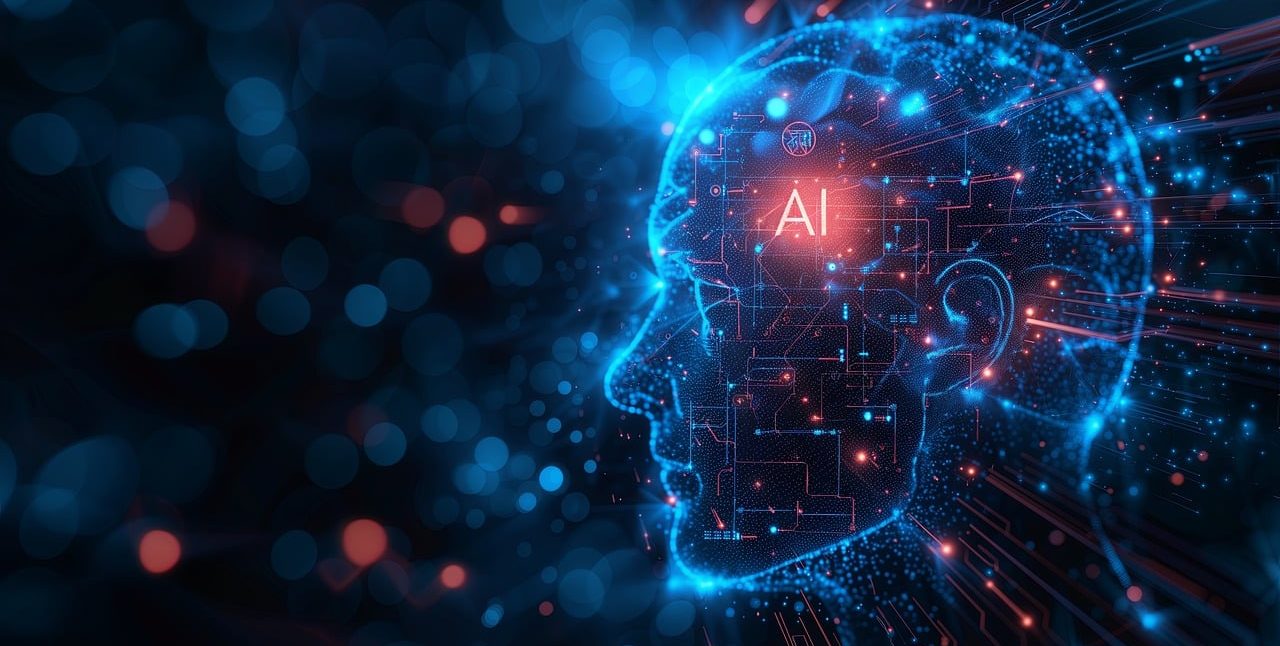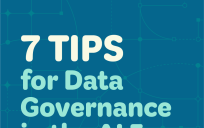Could new AI technology impact policy changes within the U.S. federal government? As federal agencies adopt AI technologies, we are likely to see substantial policy changes across various government sectors. These policies will be designed to ensure that AI is used responsibly, ethically, and in a way that benefits society while mitigating risks.

In an article published by AIM Research, Amitkumar Shrivastava claims that “AI presents unique opportunities to revolutionize policymaking. Its analytical capabilities, predictive powers, and real-time monitoring can facilitate evidence-based policy development, efficient implementation, and timely evaluation.”
AI could influence federal regulation and oversight by refining data analysis and ensuring compliance. It has the potential to impact national security and defense policy, where new technologies could enhance intelligence gathering and operational efficiency. AI could also bring changes in public health policy by improving disease tracking and personalized medicine.
AI is also expected to drive advancements in autonomous vehicles and traffic management, impacting transportation policy. With more accurate forecasting and risk management capabilities, AI could influence economic policy, and through optimized resource allocation and fraud detection, AI is likely to have a significant impact on social service policy.
Areas Where AI Could Influence Policy, By Agency
For every agency, AI offers new capabilities and new questions. Here are some of the potential uses that will require new or strengthened policy initiatives.
Department of Defense
- Autonomous weapons, cybersecurity, and defense operations
- Ethical use and compliance with international laws
- Training program design and delivery, leading to policy updates regarding education and readiness
Department of Health and Human Services
- AI-driven diagnostics and personalized medicine
- Protecting patient data in AI systems
- FDA approval and regulation of AI-driven medical devices and software
Department of Homeland Security
- Surveillance, biometric identification, and threat detection
- Integration of AI in national cybersecurity measures
- Use of AI in emergency management and disaster relief operations
Department of Justice
- Law enforcement use of AI in crime prediction, surveillance, and investigation
- Anti-discrimination policies that will ensure AI systems do not lead to biased outcomes which could violate civil rights
- New AI-driven tools might influence sentencing and legal decisions, creating the need for new judicial policies
Department of Transportation
- Regulation, safety, and deployment of self-driving vehicles
- AI-based traffic control and accident prevention systems
- AI in transportation infrastructure planning and maintenance
Department of Energy
- The use of AI for optimizing energy consumption
- AI-driven smart grid technologies
- AI-supported innovation in renewable energy
Department of Education
- AI-driven personalized education plans
- Policies to boost AI’s role in making education accessible to students with disabilities.
Environmental Protection Agency
- AI environmental monitoring, with increased accuracy for predicting environmental changes
- Real-time monitoring and to help control pollution
- New AI-driven research supporting standards and solutions used for combating climate change
Federal Communications Commission
- AI’s role in moderating online content
- Strengthening the protection of personal data in AI applications.
Department of Labor
- Addressing the impact of AI on job displacement and workforce reskilling
- Ensuring that AI systems in HR do not infringe on workers’ rights
- New occupational health and safety rules based on AI-driven safety monitoring capabilities
Department of the Treasury
- The use of AI in financial markets, including risk assessment and fraud detection
- AI’s role in tax collection and enforcement
- AI’s role in detecting financial crimes
Social Security Administration
- The use of AI to detect and prevent fraud
- Streamlining and automating benefit claims processing
- Ensuring AI systems are compliant when handling sensitive data
Veterans Affairs
- AI-driven healthcare solutions tailored to veterans
- Administration of veterans’ benefits
- Development of AI-driven mental health services
National Aeronautics and Space Administration
- AI’s role in autonomous space missions
- Innovation and technology development in space exploration
- AI-driven analysis of space data for scientific discoveries
General Services Administration
- Optimizing federal procurement processes
- Managing federal buildings efficiently
- Enhancing federal digital services
Marcel Shaw is a seasoned technology blogger at marcelshaw.com. With over 30 years of experience as a technical consultant for top IT companies, he has extensive experience with U.S. government agencies. Marcel has provided legal expert witness services in addition to his roles as a consultant at Novell, Dell, Ivanti, ServiceNow and others. His expertise covers network/IP infrastructure, security and compliance, cloud, document management, AI, and IT Service Management. A Brigham Young University graduate, Marcel offers valuable technology insights and best practices for IT professionals.





Leave a Reply
You must be logged in to post a comment.